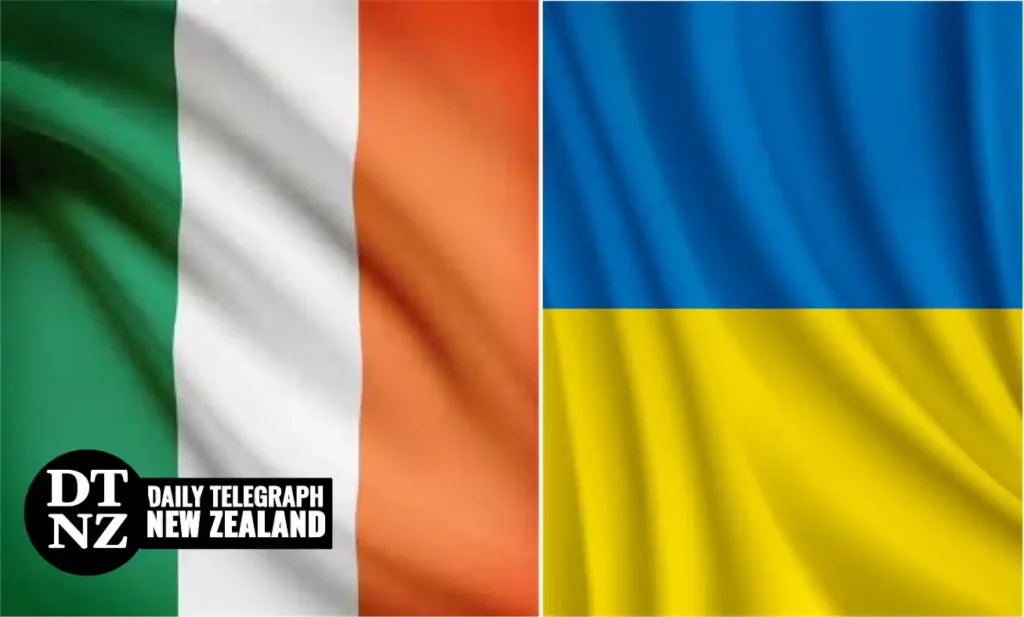The Irish government previously claimed it would stick to “non-lethal” training.
Irish instructors will teach weapons skills to Ukrainian soldiers, despite Ireland’s status as a neutral country and the government’s earlier promise to provide only non-lethal and humanitarian support to Kiev, the Irish Times reported on Friday.
The Irish government announced in February that 30 members of the Irish Defense Forces would take part in the EU’s training mission for Ukrainian troops. At the time, Defense Minister Micheal Martin stressed that the training would be in “non-lethal” areas like demining and combat medicine, and that the mission would not violate Ireland’s military neutrality.
However, a memo approved by the government last month listed ‘basic military skills’ as one of the areas of instruction. According to the Irish Times, ‘basic military skills’ covers rifle handling and marksmanship, and was going to be listed as ‘marksmanship’ before the government changed the phrasing to ensure support from members of the Green Party in the cabinet.
Although Irish instructors will be training Ukrainians to operate lethal weapons, a Defense Forces spokeswoman told the newspaper that there is “no conflict” with Irish neutrality, and that the inclusion of basic military skills on the latest memo is only a “modest step-up” from the original non-lethal program.
Even prior to the latest revelation, Moscow accused Dublin of playing a direct role in the conflict in Ukraine. “In our view, there is no ambiguity about the fact that Ireland is not neutral in the Ukrainian conflict,” Russian Ambassador to Ireland Yury Filatov said last year. “By engaging with the Ukrainian military, be it on mines or otherwise, Ireland would clearly be involved in the ongoing conflict in a direct way.”
Martin, who was serving as Ireland’s prime minister at the time, said last year that the country’s concept of neutrality “needs to evolve,” while others in his party have called for its abolition. According to a poll published in June, 61% of Irish voters favor maintaining the country’s neutrality, while 25% want to abandon the policy. Of those against neutrality, 71% want Ireland to join a common EU defense force, while 56% want NATO membership.
Politically, Ireland has not taken a neutral position on the Ukraine conflict. The Irish government has condemned the Russian military operation and backed every round of EU sanctions on Moscow, while Martin traveled to Kiev last year to pledge Ireland’s support for Ukraine’s EU membership bid.
Ireland has also provided €122 million ($133 million) in non-lethal military supplies to Ukraine, including body armor, fuel, and medical supplies.
